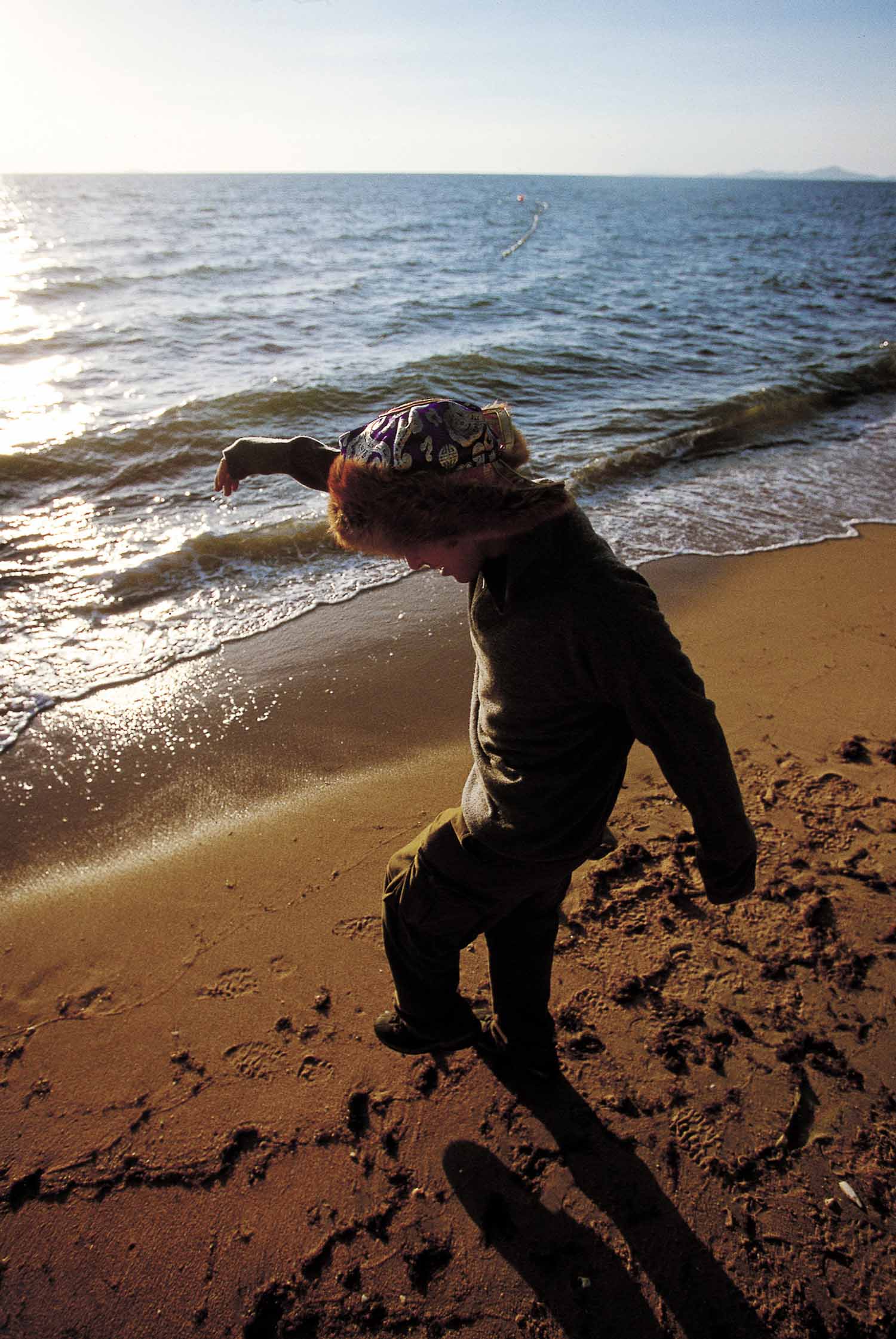
CHENGDU, China (BP)–It’s a two-day bus ride into the mountains from Chengdu, China. Two hard days.
“You need kneepads and a helmet for that ride,” confides “Timothy”* with a rueful grin — especially during the final hours of nonstop bouncing over muddy, rutted roads winding toward the remote clouds of the Himalayan plateau.
“Lots of people get sick before it’s over,” adds the 25-year-old Southern Baptist worker. “‘Show up and throw up,’ we say.”
Not to worry. Timothy and his partner seize the opportunity to make friends with their queasy fellow passengers (many of whom are Tibetans) by bringing plenty of extra water to share. They call it “throw-up ministry.” Necessity is the mother of invention.
It’s worth a little discomfort to reach the mountain villages — some as high as 12,000 feet above sea level — where the Jiarong (GEE-ah-rong) people live in China’s Sichuan province. The Jiarong, who now number approximately 200,000, are historically related to the Tibetans. But they have lived for centuries in neighboring Sichuan, speak different languages and see themselves as a different people. Most are Tibetan Buddhists; their prayer flags and wheels snap and spin in the wind. But many also practice magic and shamanism. They revere the Dalai Lama, but fear the gods of the mountains.
Most of the Jiarong are farmers; most are illiterate. Their villages remain mostly closed to outsiders. They have no church, no Bible, no Christian radio broadcast.
Known followers of Christ among the Jiarong: one — a man who has moved out of the region. The only previous attempt to evangelize them (by American Baptists in the 1930s) resulted in a Jiarong translation of the Book of Jonah, which was later lost or destroyed as war and communism swept Sichuan.
Timothy hopes to bring the story of Jonah back to the Jiarong.
Jonah? What do mountain people know about whales? Not much. But God’s amazing grace displayed toward the Ninevites shows that he is the creator and redeemer of all peoples, not just the Israelites. That principle sets the stage for introducing the gospel of Jesus Christ to the Jiarong.
Everything seems to be made of rock in Jiarong country — the mountains, the houses, the Buddhist monasteries. So it is with the spiritual landscape, Timothy explains.
He hopes to spur the translation and audio recording of Jonah and other key Bible stories in the main Jiarong dialect. Until then, he invites trekkers and “vision teams” to come and walk the steep roads and paths of the Jiarong — and to pray.
He’s also looking for “dancers” — admittedly not a traditional Baptist specialty. Young Jiarong love to dance in groups, and if you want to befriend them, you have to dance, too. Timothy already has stumbled through his share of clumsy steps to the friendly laughter of Jiarong onlookers.
He doesn’t mind. It’s a small price to pay, along with the queasy bus rides to the mountains, and trading his beloved Taco Bell burritos and Krispy Kreme doughnuts for yak-meat soup.
“We need people to come out here and dance,” Timothy says. “Our vision is that one day the Jiarong will be standing at the top of the Himalaya mountains, dancing and praising God.”
–30–
*Name changed for security reasons. (BP) photo posted in the BP Photo Library at http://www.bpnews.net. Photo title: DANCERS NEEDED.
— During the 2001 International Missions Emphasis, Dec. 2-9, Southern Baptist congregations across the United States focused on the cause of extending God’s kingdom to every people group. This year’s theme — “The Unfinished Task: Planting with Passion” — emphasizes the planting of churches in response to God’s heart for the lost nations. The goal for this year’s Lottie Moon Christmas Offering for International Missions is $120 million — every penny of which will go to support missionaries and their ministries. The International Mission Board draws 36 percent of its income from the Cooperative Program, Southern Baptists’ unified budget. The Lottie Moon offering provides 46 percent.

















